
Archives


William Dembski on Information and the Mind-Body Relationship

William Dembski on Information and the Mind-Body Relationship

Deep Fakes and Propaganda for Artificial General Intelligence

Artificial General Intelligence: Destroying the Idol

Artificial General Intelligence: The Oracle Problem
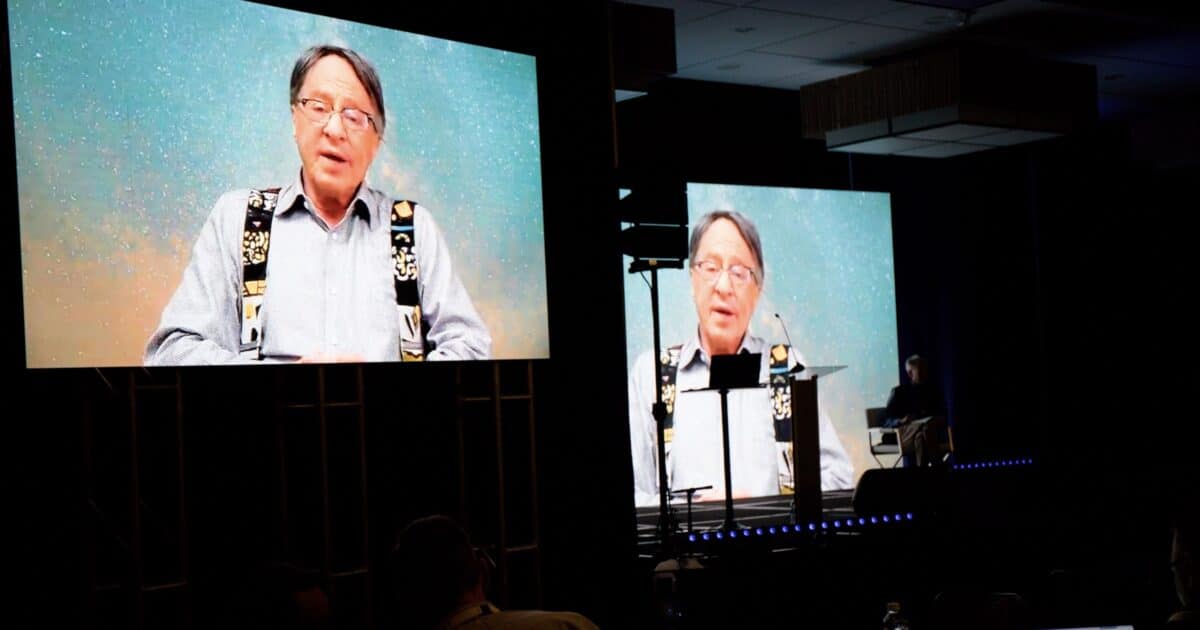
Artificial General Intelligence: Machines vs. Organisms

Artificial General Intelligence: Digital vs. Traditional Immortality

Artificial General Intelligence: AI’s Temptation to Theft Over Honest Toil
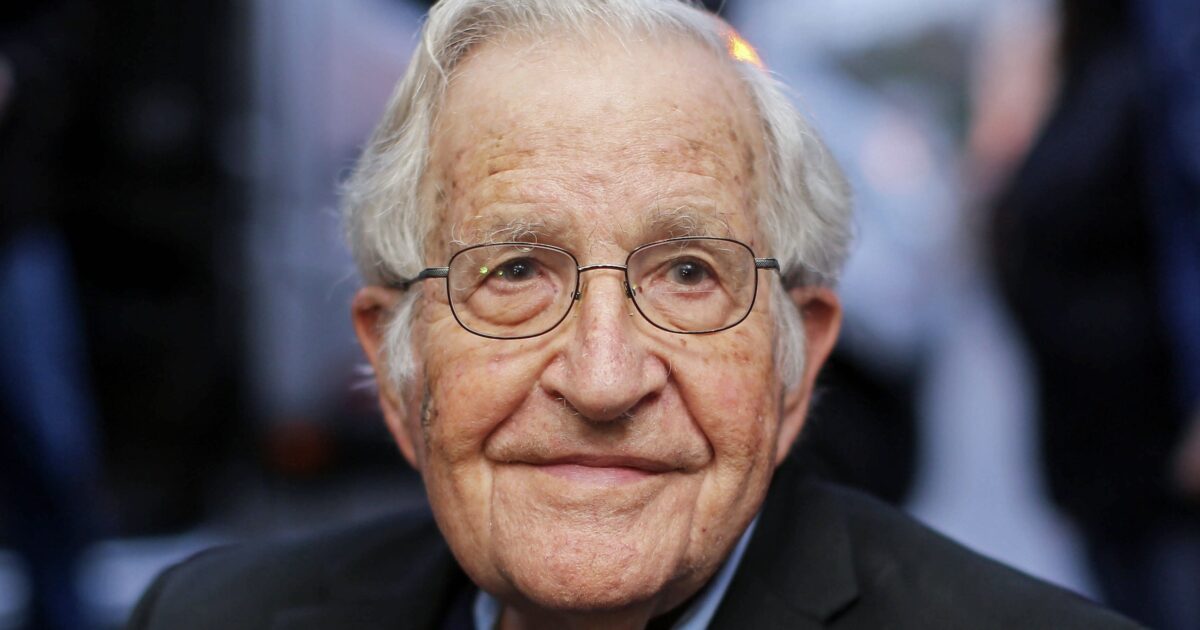
Artificial General Intelligence: The Poverty of the Stimulus

Artificial General Intelligence: The Creation Exceeding the Creator

Artificial General Intelligence: An Idol for Destruction
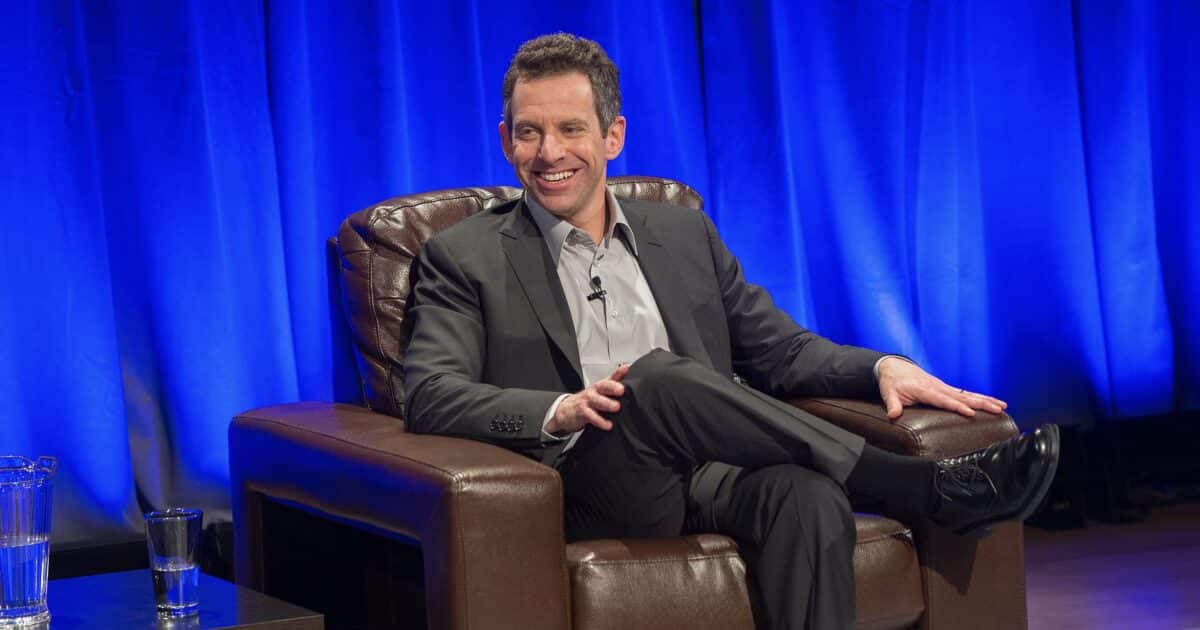
No. 6 Story of 2023: On Free Will, ChatGPT4 Blows Away Atheist Sam Harris

How Scientific Materialism Begot Woke Ideology
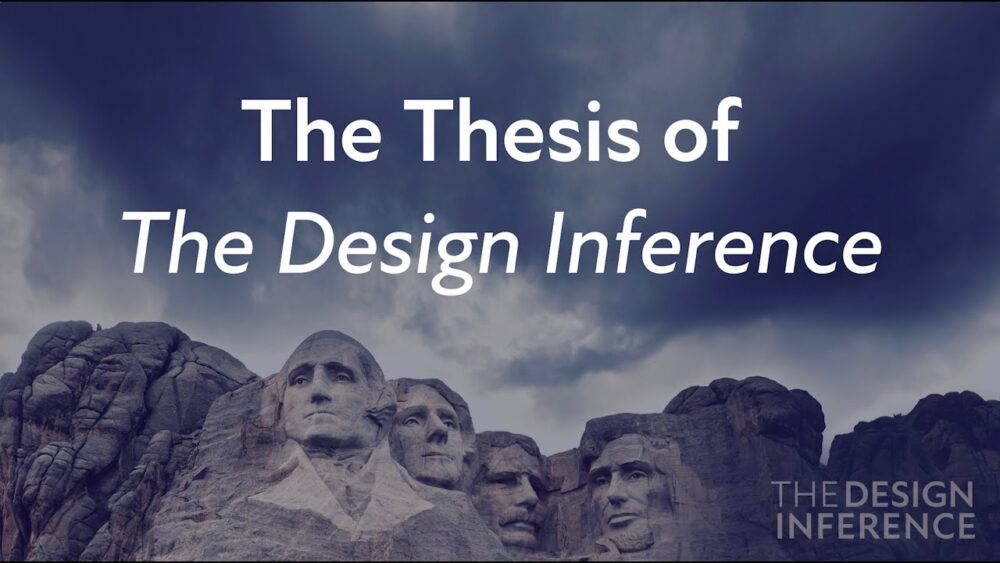
The Design Inference

Mendel’s Peas and More: Inferring Data Falsification in Science

Natural Selection as the Great Designer Substitute

On Free Will, ChatGPT4 Blows Away Atheist Sam Harris
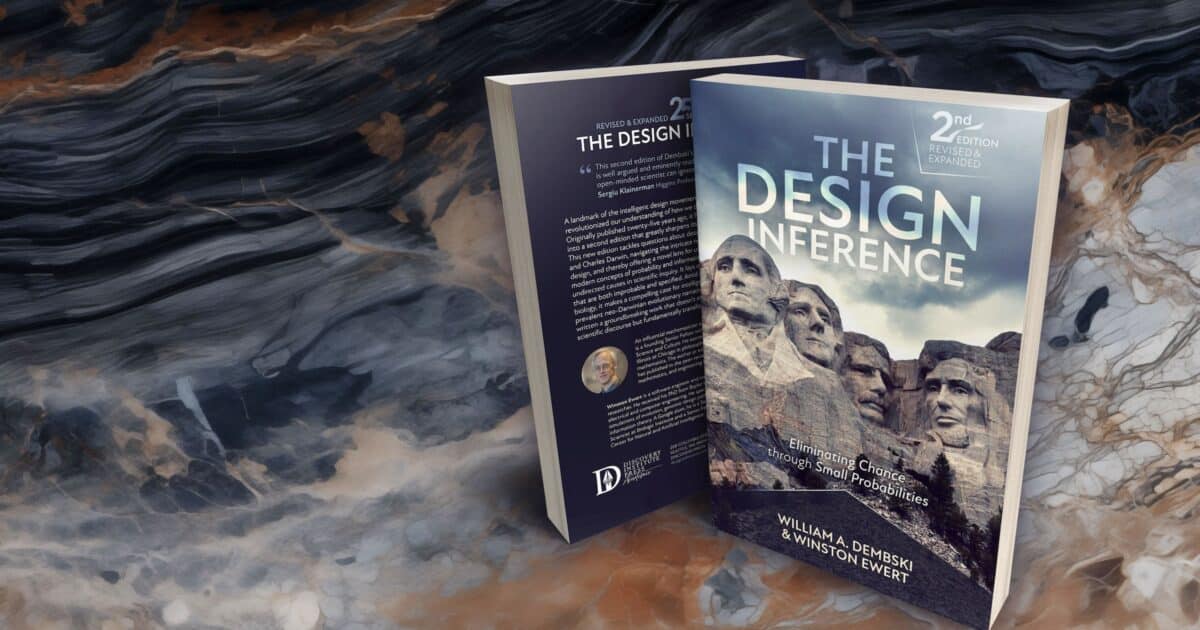
An Argument from Ignorance?
